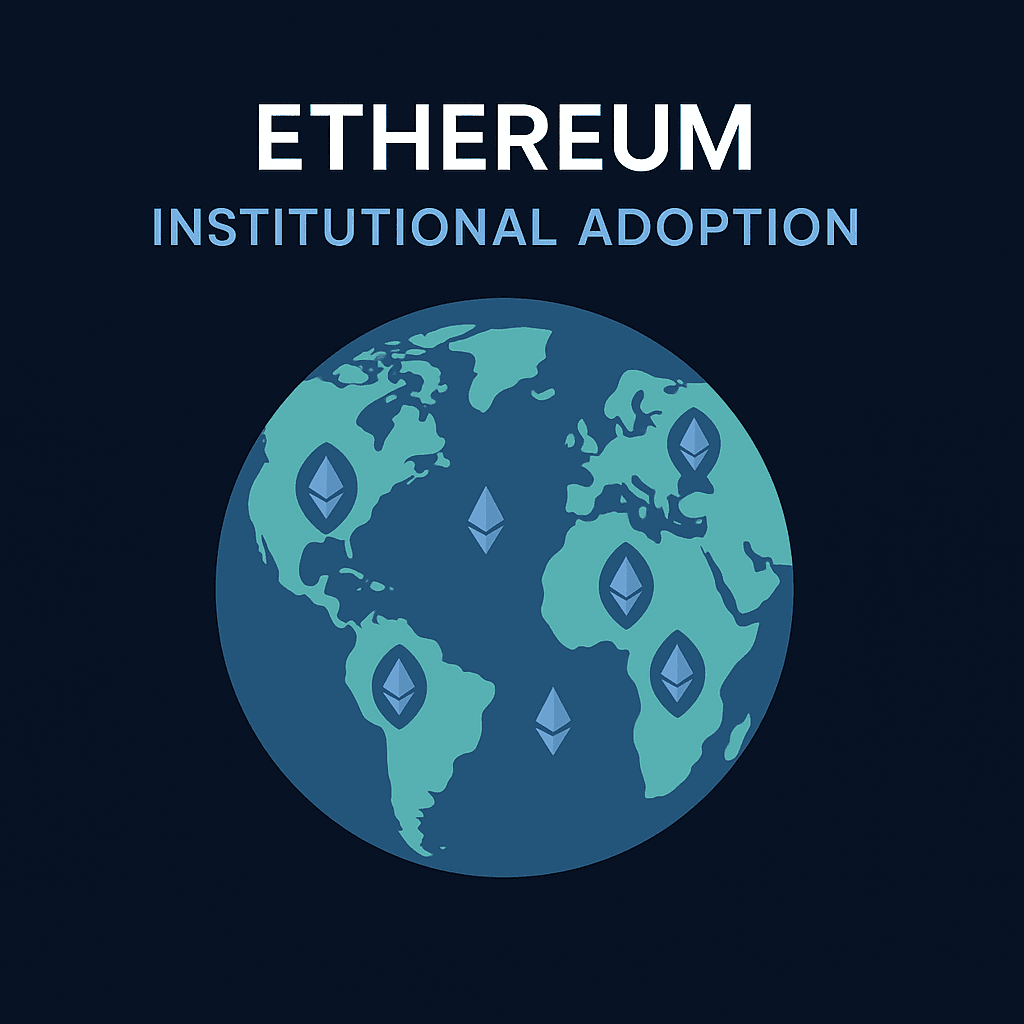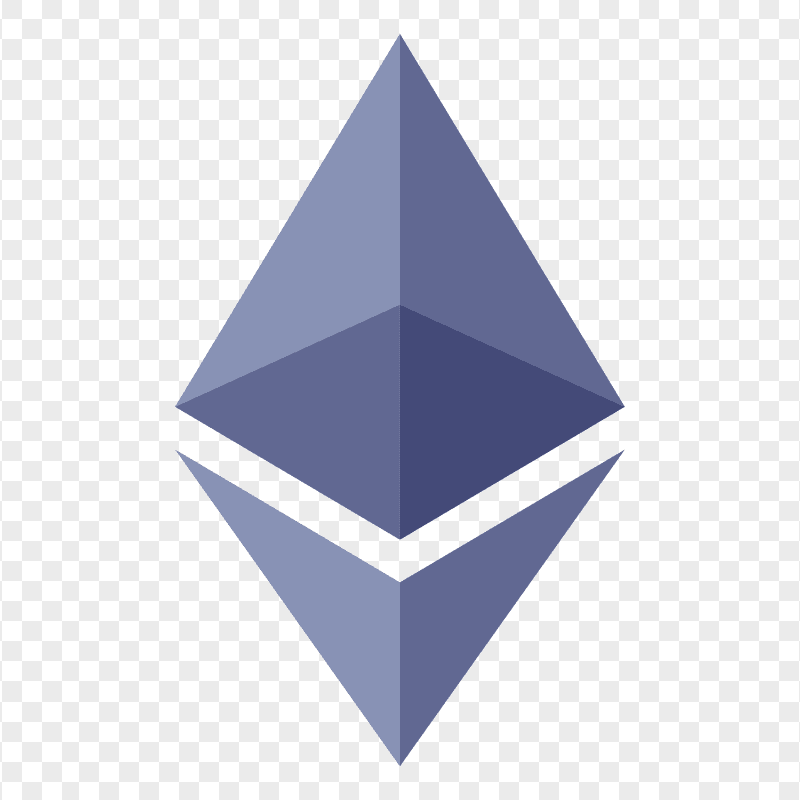Ethereum: The Platform Revolutionizing the Digital Future
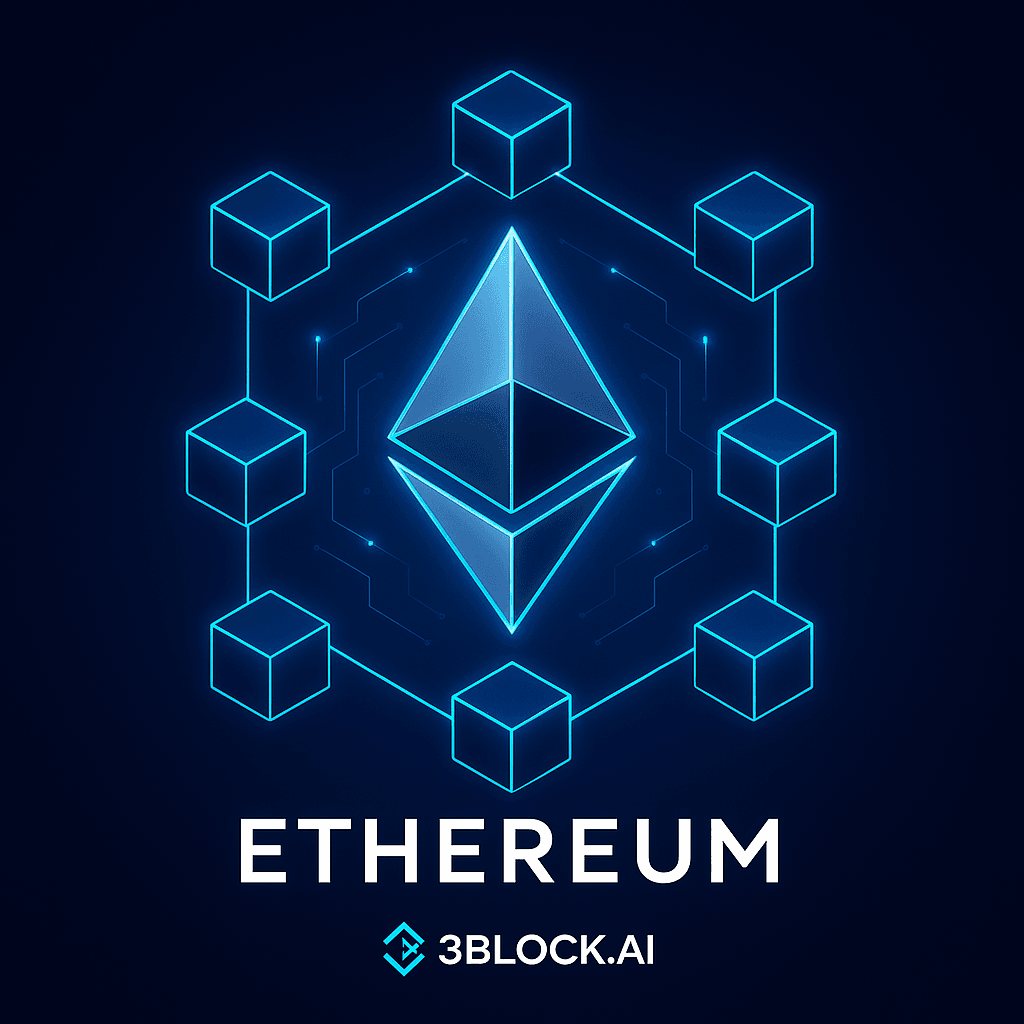
Have you ever wondered what makes Ethereum so revolutionary in the cryptocurrency world? While Bitcoin captured attention as the pioneering digital currency, Ethereum arrived to completely transform the possibilities of blockchain technology. In this article, you'll discover not only what Ethereum is, but how it's changing the digital game as we know it.
What is Ethereum and why is it transforming the Internet?
Ethereum is not simply another cryptocurrency. Unlike many digital alternatives, it represents a complete blockchain-based platform that allows for creating decentralized applications and executing smart contracts automatically.
Imagine the Internet as we know it today, but without intermediaries controlling data or transactions. This is the vision that Ethereum is making a reality: a digital environment where users have complete control over their information and can interact directly with each other without the need for third parties.
The platform uses its own digital currency called Ether (ETH) to facilitate operations within the ecosystem. When you hear about "investing in Ethereum," it generally refers to acquiring these Ether tokens.
Who invented Ethereum? The mind behind the decentralized revolution
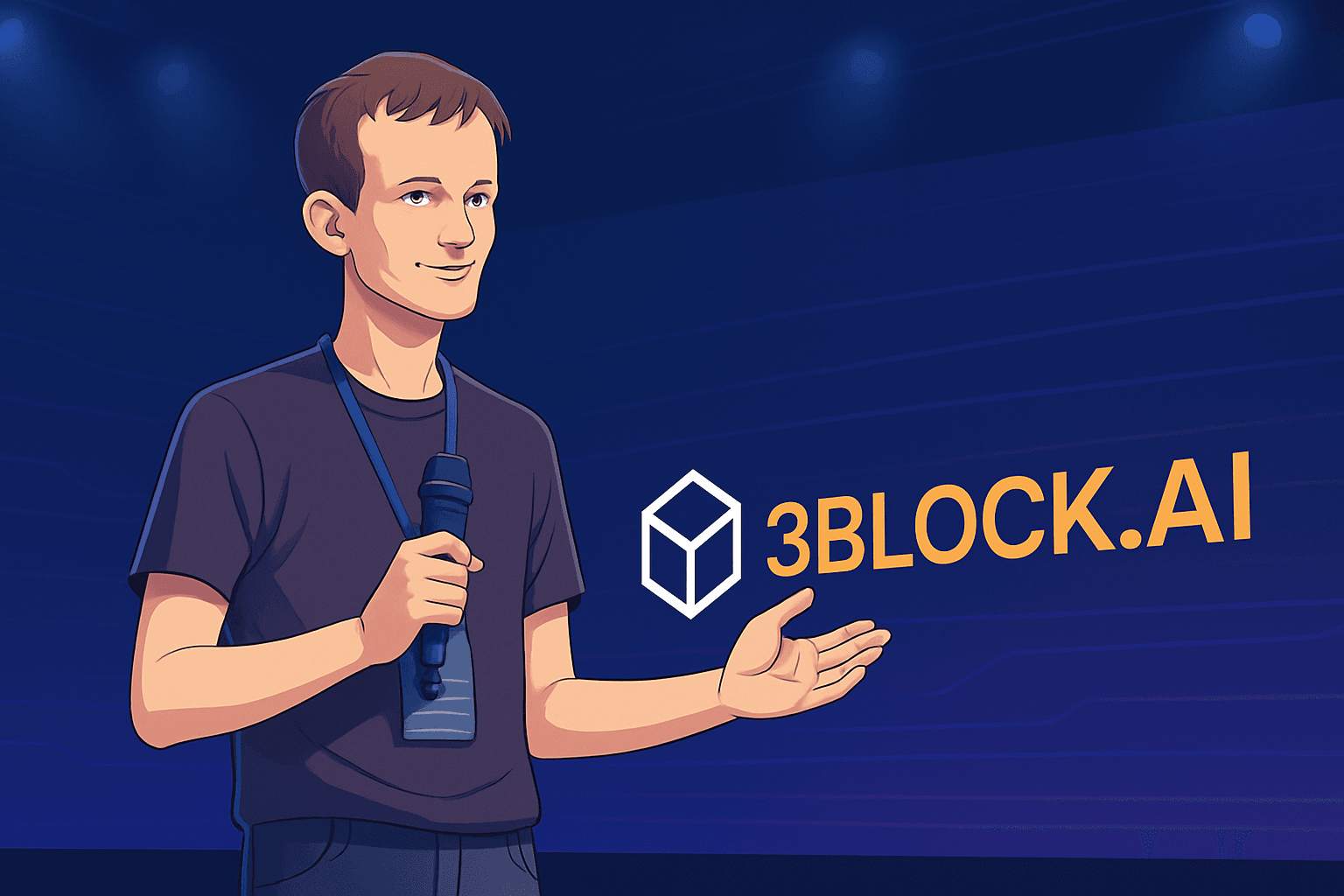
The origin of Ethereum has a name: Vitalik Buterin, a programmer and cryptocurrency researcher born in Russia and raised in Canada. In 2013, at just 19 years old, Buterin published the Ethereum whitepaper, describing his vision for a platform that would go beyond simple monetary transactions.
The fascinating part of the story is that Buterin identified Bitcoin's limitations while working as a writer for Bitcoin Magazine. He realized that blockchain technology could be used for much more than transferring value, and thus conceived Ethereum as a programmable platform where any application could be built in a decentralized manner.
As Gavin Wood, co-founder of Ethereum, points out: "We designed Ethereum as a kind of computer for the entire planet, capable of making any program more robust and resistant to censorship by running it on a distributed network of public nodes."
Smart Contracts: The innovation that changed the game
Smart contracts are possibly Ethereum's most revolutionary contribution to the technological world. These programs execute automatically when predetermined conditions are met, eliminating the need for intermediaries and reducing transaction costs.
To understand it simply:
- They are self-executing digital agreements
- They cannot be manipulated once deployed on the blockchain
- They eliminate the need to trust third parties to fulfill agreements
- They reduce costs and increase process efficiency
Their utility ranges from decentralized finance (DeFi) to transparent voting systems or supply chain management. As Charles Hoskinson, another founder, explains: "Smart contracts represent the next evolution of human agreements, where technology guarantees their impartial fulfillment."
Ethereum vs Bitcoin: Fundamental differences you should know
Although both use blockchain technology, Ethereum and Bitcoin have fundamentally different purposes:
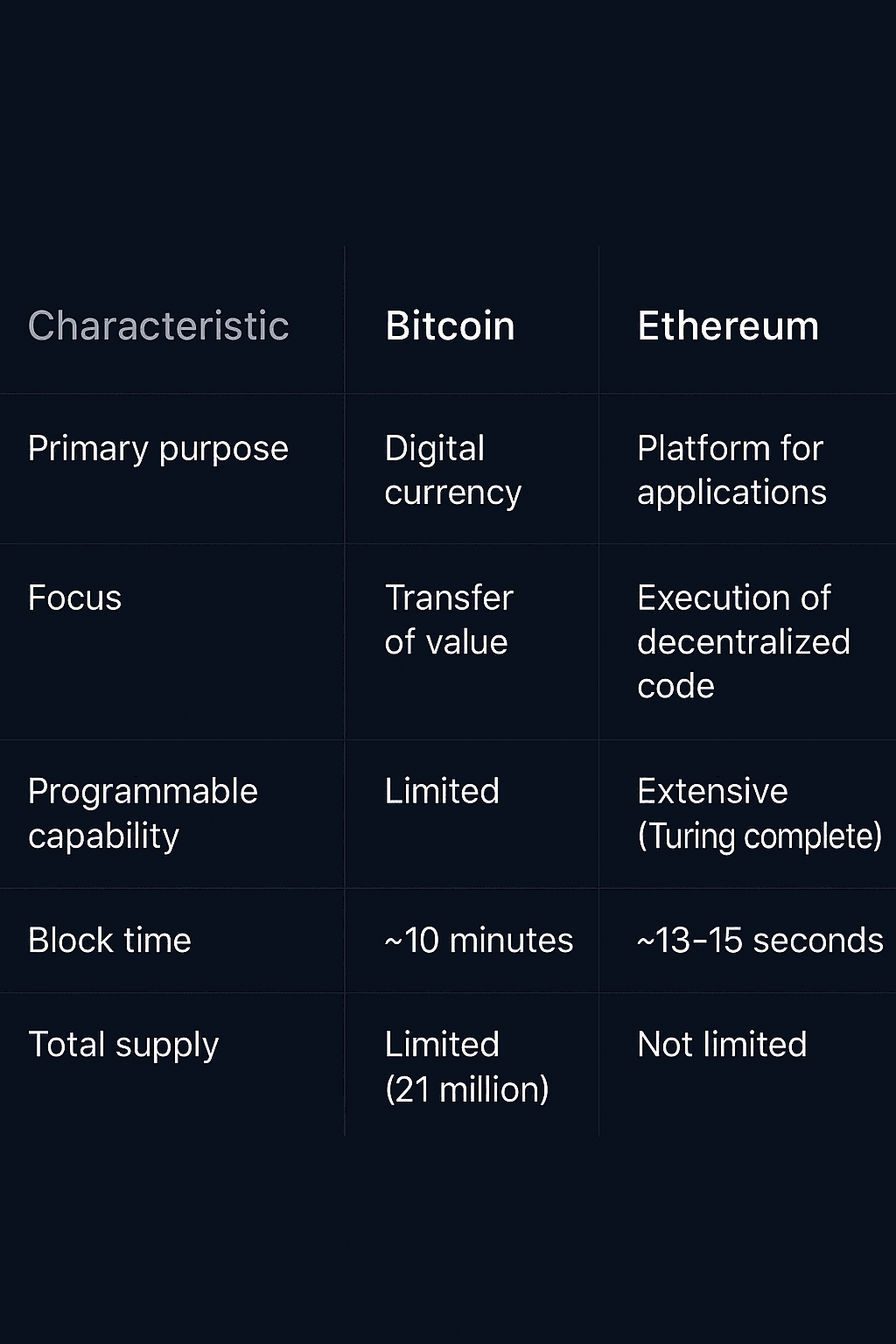
This difference in approach explains why Ethereum has managed to attract so many developers. While Bitcoin focuses on being "digital gold," Ethereum provides the foundation for building an entire new digital economy.
Ethereum 2.0: The future is already here
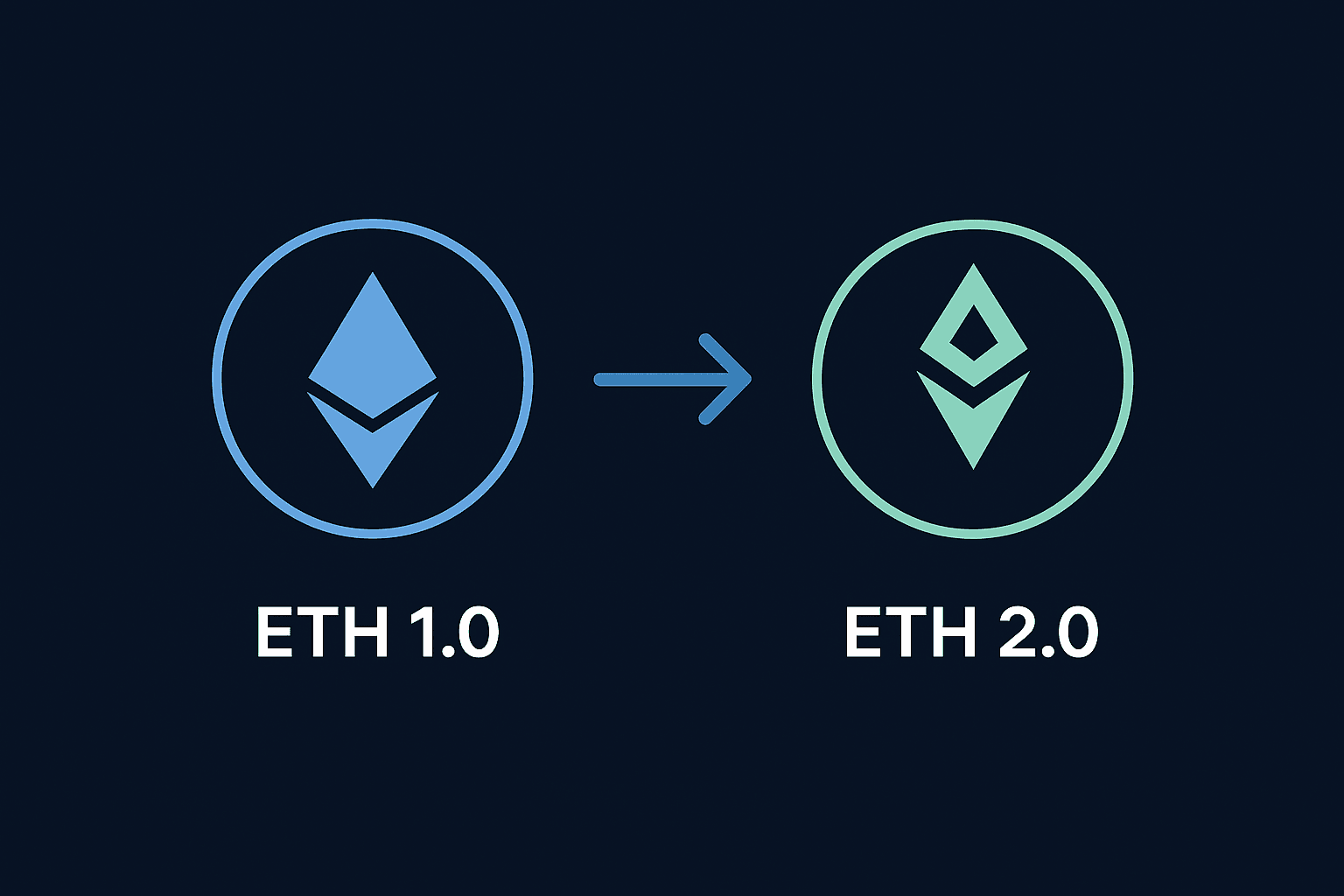
Ethereum's evolution toward version 2.0 represents one of the most significant changes in the cryptocurrency ecosystem. This update seeks to solve the main challenges facing the network:
- Greater scalability: Through the implementation of sharding, it will allow processing many transactions in parallel, transforming the blockchain from a single-lane road to a highway with multiple lanes.
- Energy sustainability: The transition from Proof-of-Work (PoW) to Proof-of-Stake (PoS) will reduce energy consumption by approximately 99%, according to estimates from the Institute of Electrical and Electronics Engineers.
- Enhanced security: The new consensus mechanism will allow for a network more resistant to attacks and manipulations.
This change will not create a new cryptocurrency; ETH will remain the same. However, it will completely transform the internal workings of the network, making it more efficient and prepared for mass use.
Where to buy Ethereum? Beginner's guide
If you're considering acquiring Ethereum, various platforms facilitate its purchase securely. The most popular include:
- Binance: Offers high liquidity and multiple trading pairs
- Coinbase: Ideal for beginners due to its intuitive interface
- Kraken: Known for its robust security measures
- OKEx: Popular in Asian markets with wide trading volume
- Huobi Global: Platform with a variety of additional services
To choose the right platform, consider factors such as:
- Availability in your country
- Transaction fees
- Accepted payment methods (cards, bank transfers)
- Implemented security measures
- Available trading volume
Expert advice: "Before investing in any cryptocurrency, make sure you understand the fundamentals of the project and always use two-factor authentication for your accounts," recommends Andreas Antonopoulos, Bitcoin and blockchain educator.
How to decide in the current cryptocurrency market?
The cryptocurrency market is characterized by its volatility and rapid evolution. To make informed decisions about Ethereum and other cryptocurrencies:
- Research before investing: Understand the fundamentals of the technology and the project, not just price movements.
- Diversify your portfolio: Don't concentrate all your resources in a single cryptocurrency.
- Establish a clear strategy: Define your investment goals (short, medium, or long term) and stay true to them.
- Stay informed: Follow industry news and technological developments that may affect the market.
- Use a secure wallet: Consider options like MetaMask for web browsers or hardware wallets like Ledger or Trezor for greater security.
As Vitalik Buterin notes: "Blockchain technology is not just about creating new coins. It's about creating new societies."
The future of Ethereum: Beyond cryptocurrencies
Ethereum's potential goes far beyond its value as an investment. Its technology is laying the groundwork for:
- Decentralized Finance (DeFi): Financial services without intermediaries
- Decentralized Autonomous Organizations (DAOs): New forms of collective governance
- Non-Fungible Tokens (NFTs): Revolution in digital ownership of art and collectibles
- Sovereign digital identity: Personal control of data and online identity
Institutional adoption of Ethereum continues to grow, with companies like JP Morgan, Microsoft, and Amazon incorporating aspects of this technology into their services.
Ethereum represents much more than a simple cryptocurrency; it is a complete infrastructure for the digital future. Whether you're looking to invest, develop applications, or simply understand where technology is heading, understanding Ethereum has become fundamental in today's technological landscape.
